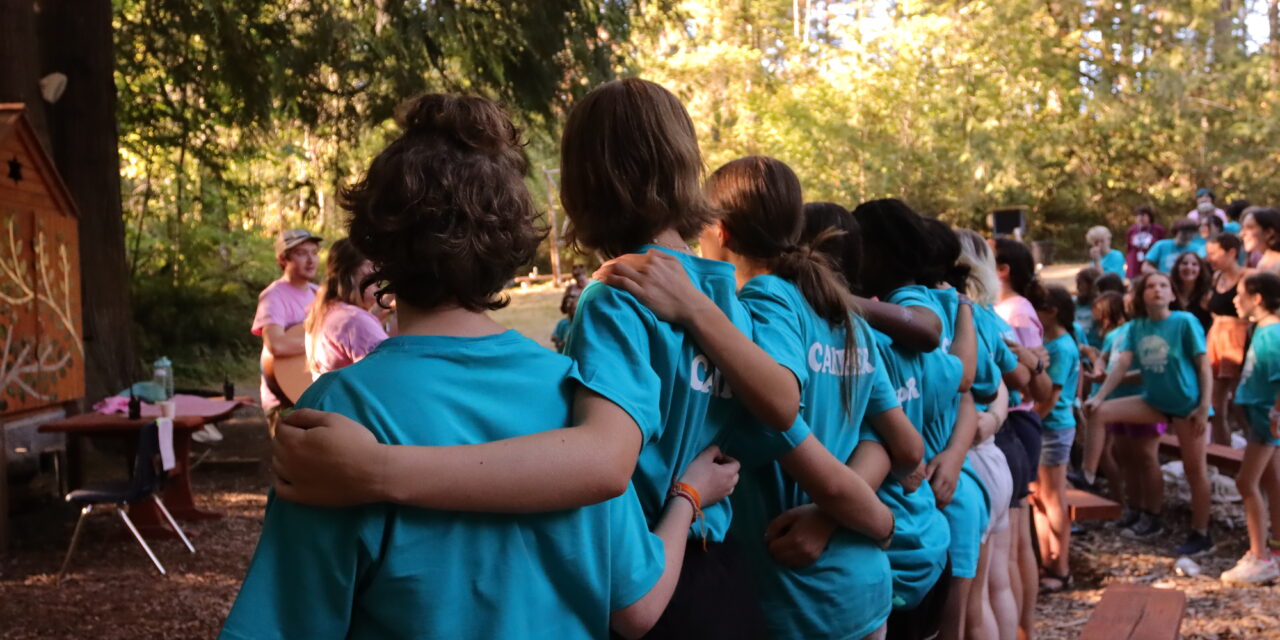Overnight summer camp can be a transformative experience for children, offering them the opportunity to develop independence, make new friends, and create lasting memories. However, deciding whether your child is ready for overnight summer camp can be a daunting task for parents. After all, it’s natural to worry about your child being away from home for an extended period. So, how can you determine if your child is ready for this adventure?
Go over the following items to see if your child is ready for this new adventure!
If you find your child is ready for an overnight camp, check out some of the great options in our Summer Camps Guide.
Age and Maturity
While there’s no specific age at which a child becomes ready for overnight camp, maturity level plays a significant role. Typically, children around the ages of 8 to 12 are more likely to thrive in this environment. However, some younger children may also be ready, while some older children may still feel apprehensive. Assess your child’s ability to handle being away from home, follow instructions, and adapt to new situations independently.
Independence
Overnight camp requires children to manage daily tasks, such as personal hygiene, tidying up the space they are staying in, and making choices without constant parental guidance. If your child demonstrates independence in everyday activities and shows an interest in trying new things without always relying on you, they may be ready for the challenges of camp life.
Social Skills
An overnight camp offers an excellent opportunity for children to develop better social skills by interacting with new people. If your child enjoys being around others, makes friends easily, and can navigate social situations with confidence, they’re likely to thrive at overnight camp.
Separation Anxiety
It’s normal for children to experience some degree of separation anxiety when away from their parents, especially for the first time. However, if your child has previously spent nights away from home without becoming overly distressed and can cope with temporary separations, they may be ready for the longer duration of overnight camp.
Interest and Enthusiasm
Consider your child’s interest in the activities offered at camp. Whether it’s outdoor adventures, arts and crafts, sports, or performing arts, enthusiasm for the camp’s program can make the experience more enjoyable and rewarding for your child.
Do a Trial Run
If you’re unsure whether your child is ready for overnight camp, consider starting with shorter stays away from home, such as a weekend retreat or a sleepover with friends or relatives. These experiences can help gauge your child’s readiness and build confidence for longer camp stays in the future.
Open Communication
Talk to your child about their feelings and expectations regarding overnight camp. Address any concerns they may have and reassure them that it’s normal to feel a mix of excitement and nervousness. Encourage them to ask questions and express their thoughts openly. If they truly do not want to go, don’t push it.
Preparation and Planning
Involve your child in the preparation process for camp, such as packing their belongings, discussing camp rules and expectations, and practicing self-care skills. Knowing what to expect can ease anxieties and empower your child to embrace the camp experience confidently.
Trust Your Instincts
As a parent, you know your child best. Trust your instincts when deciding whether your child is ready for overnight camp. Consider their individual personality, temperament, and past experiences away from home. If you feel confident in their ability to handle the challenges of camp life, it’s likely they’ll have a positive and enriching experience.
Ultimately, attending overnight summer camp can be a rewarding and transformative experience for children, fostering independence, resilience, and lifelong memories. So, if your child is eager to spread their wings and embark on this exciting journey, it may be time to start planning for an unforgettable summer camp experience.














